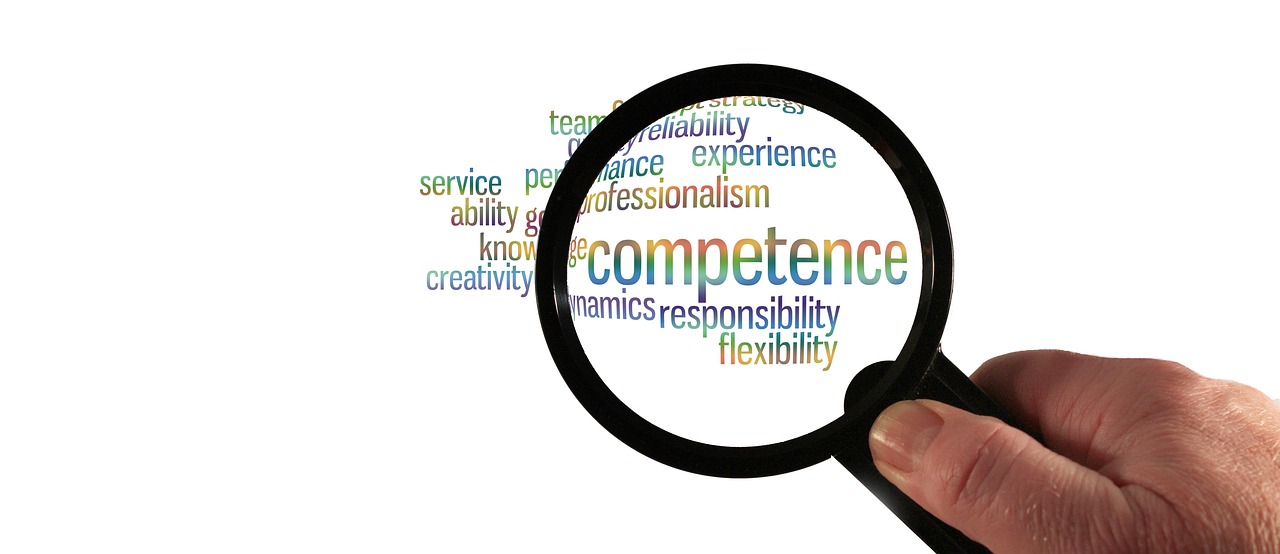Counting the Uncountable:The Debate Over Experience vs.Experiences in English
Introduction
The English language is a fascinating tapestry of words and phrases, each with its own unique history and usage. One of the most intriguing aspects of language is the subtle differences in meaning that can arise from the smallest of changes, such as the addition or omission of an 's'. A prime example of this is the debate over whether 'experience' or 'experiences' is the correct term to use in various contexts. This article will delve into the nuances of these two words, explore their etymology, and provide guidance on when to use each term.
The Etymology of 'Experience'
The word 'experience' has its roots in the Latin word ' experientia', which itself is derived from 'experientem', the present participle of 'experiri', meaning 'to try' or 'to test'. Over time, the word has evolved to encompass a broad range of meanings, from the act of undergoing or witnessing events to the knowledge or skill gained through such events. In its essence, 'experience' is a singular noun that refers to a single instance or set of instances of undergoing or being affected by events.
The Plural Form: 'Experiences'
The addition of an 's' to 'experience' to form 'experiences' suggests a plural form, indicating multiple instances of undergoing or being affected by events. This plural usage is common when referring to a variety of different events or situations that one has encountered. For example, when discussing a person's career, one might say, "She has had many experiences in the tech industry," highlighting the diversity of her professional journey.
The Contextual Use of 'Experience' vs. 'Experiences'
While the distinction between 'experience' and 'experiences' may seem straightforward, the context in which these words are used can greatly influence their appropriateness.
1、Professional Context
In a professional setting, 'experience' is often used to describe the overall body of knowledge and skills that an individual has acquired over time. For instance, a job description might state, "Candidates must have five years of experience in marketing." Here, 'experience' is singular because it refers to the collective expertise gained from various marketing roles or projects.
However, when discussing the breadth of an individual's professional journey, 'experiences' is more fitting. For example, "He has a wealth of experiences in various sectors, making him a versatile candidate for the position." In this case, 'experiences' highlights the range of different roles and industries the candidate has worked in.
2、Personal Growth and Development
When discussing personal growth and development, 'experience' is often used to describe a transformative event or a period of learning. For example, "Traveling abroad was an eye-opening experience that changed her perspective on life." Here, 'experience' is singular because it refers to a single, significant event that had a profound impact.
On the other hand, when recounting multiple events or lessons learned over time, 'experiences' is more appropriate. For instance, "Throughout her childhood, she had many experiences that taught her the value of hard work and perseverance."
3、Academic and Educational Settings
In academic and educational contexts, 'experience' is commonly used to describe the knowledge and understanding gained through study and practice. For example, "Students gain experience in critical thinking through problem-solving exercises." In this case, 'experience' is singular because it refers to the collective learning that occurs over the course of their studies.
However, when discussing the variety of educational opportunities or the diverse range of subjects studied, 'experiences' is the correct term. For example, "The university offers a wide range of experiences in the liberal arts, from philosophy to art history."
4、Creative and Artistic Endeavors
In the realm of creative and artistic endeavors, 'experience' is often used to describe the process of engaging with and understanding a work of art or a creative process. For example, "The artist's experience with different mediums has enriched his approach to painting." Here, 'experience' is singular because it refers to the cumulative understanding gained from working with various materials.
Conversely, when discussing the range of creative projects or artistic expressions an individual has explored, 'experiences' is more suitable. For example, "She has had many experiences with different art forms, from sculpture to digital media."
Conclusion
The debate over whether to use 'experience' or 'experiences' in English is not merely a matter of grammar but also one of context and nuance. Understanding the subtle differences between these two terms can greatly enhance the clarity and precision of one's communication. Whether discussing professional qualifications, personal growth, academic achievements, or creative explorations, choosing the appropriate term can convey the intended meaning more effectively.
In summary, 'experience' is best used when referring to a singular instance or collective body of knowledge, while 'experiences' is more appropriate when discussing multiple instances or a variety of events. By being mindful of these distinctions, speakers and writers can ensure that their use of language is both accurate and impactful.





